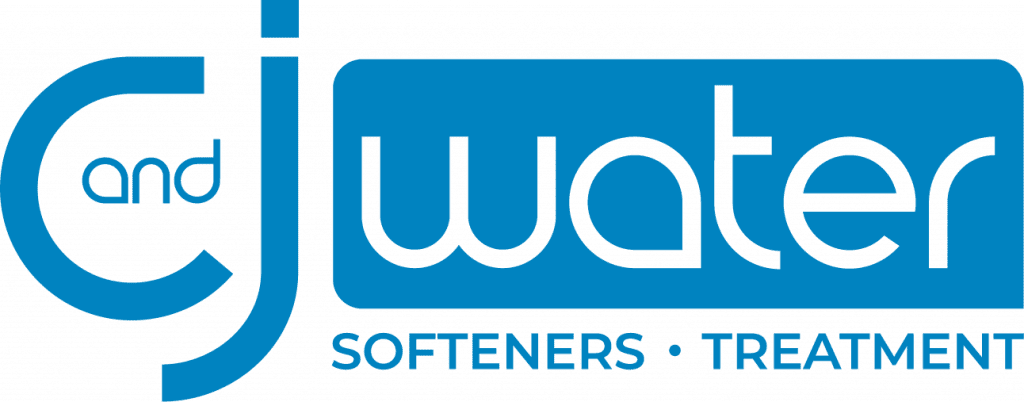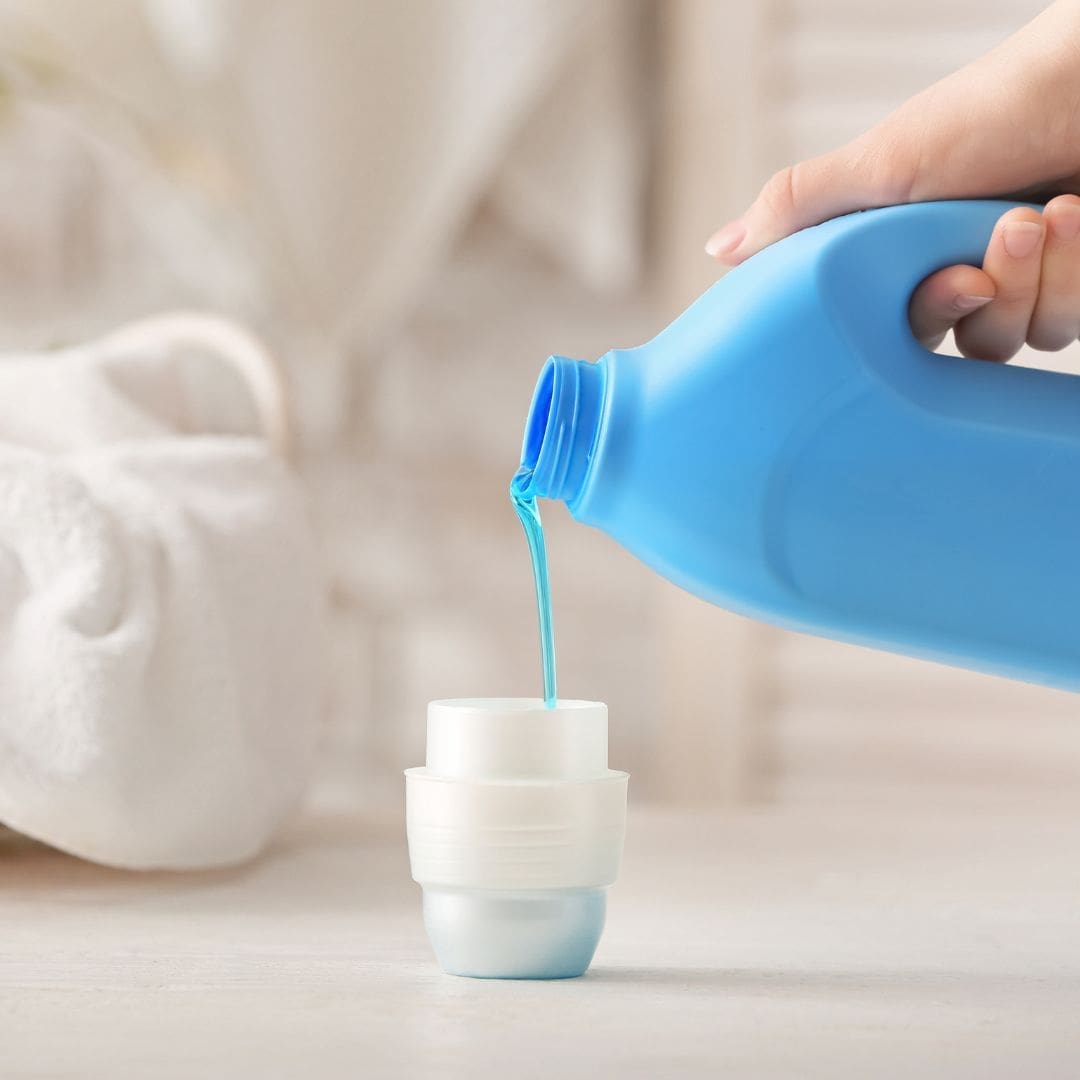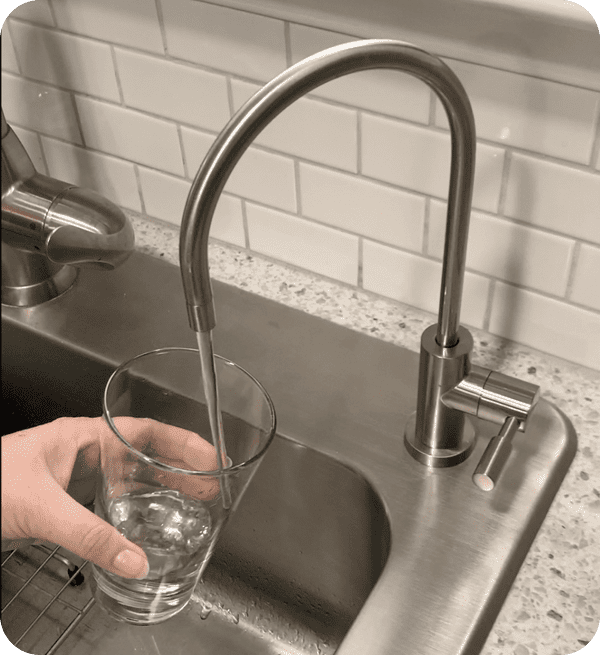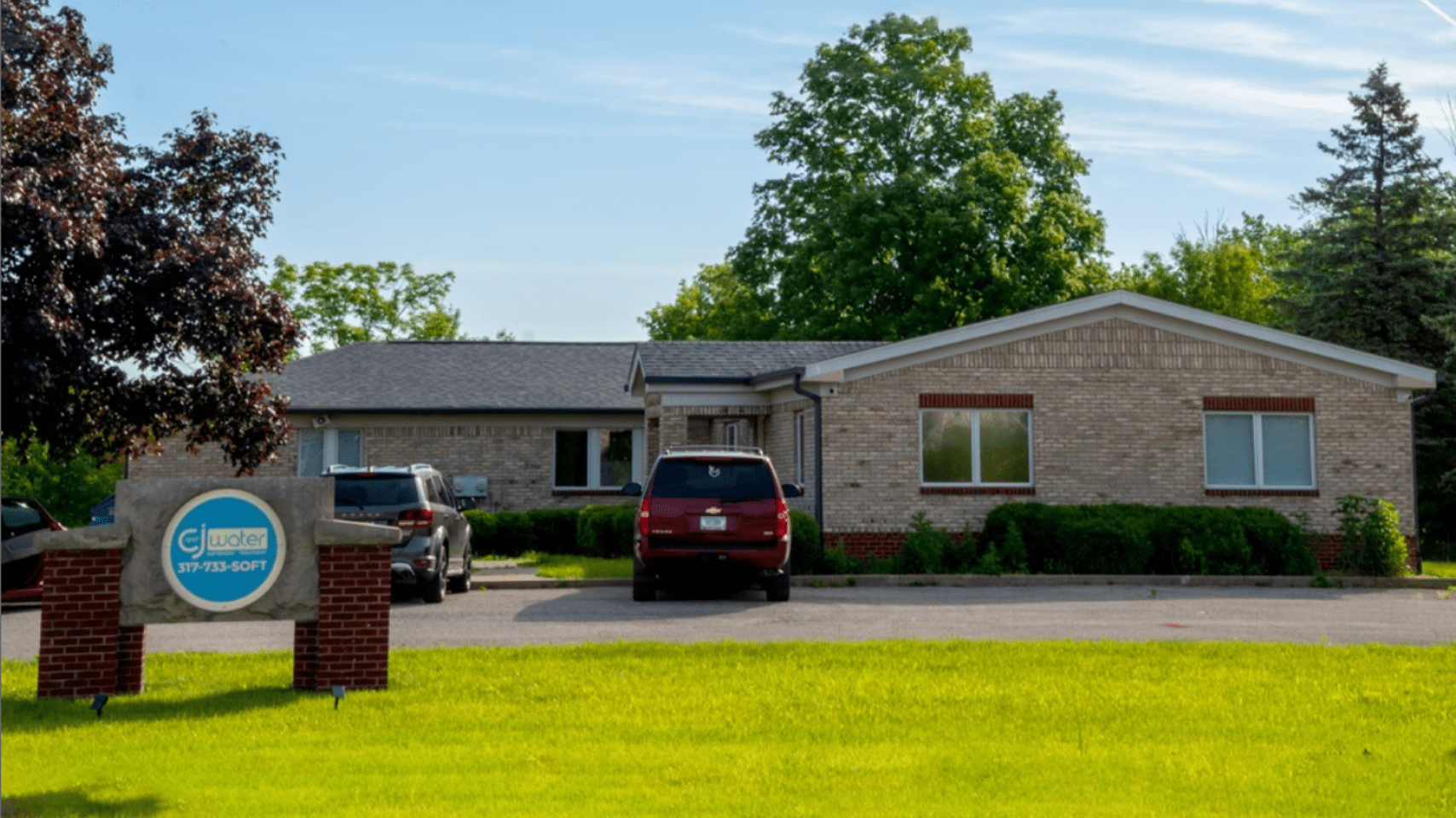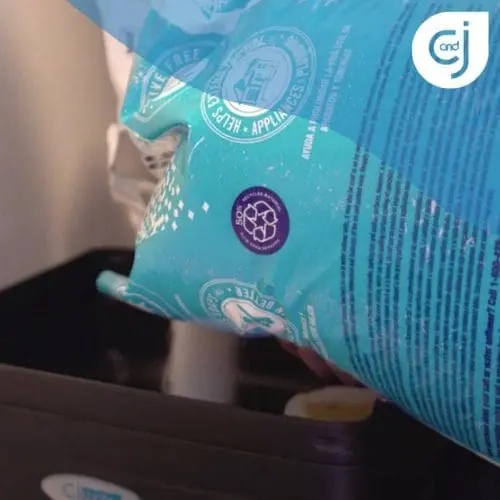Many homes in the United States have hard water. Hard water is usually nothing dangerous or detrimental to your health, but it can cause issues for your home and lead to unwanted problems and damages during chores like laundry. Today, we will explore the impact of hard water on your laundry and how water softeners can help solve these problems.
Hard Water Impact on Laundry
Now, if you have hard water, you may wonder what role it plays in your laundry. The truth is that hard water can have many different effects on your laundry and your machines. Since hard water has a higher level of dissolved minerals than soft water, it can dramatically reduce the efficacy of your cleaning.
The effects of hard water on your laundry are typically hard to spot, and it can take some time to become apparent — especially with new and advanced washing machines. But, put simply, hard water and laundry do not play nicely together.
Hard water can interfere with your laundry detergent’s ability to clean your clothes. This happens because the minerals in the hard water combine with the detergent and can form a curd or slurry that can draw more dirt and grime to your clothes than before going into the washing machine. This causes a buildup of minerals and debris that can leave your clothes feeling stiff and starchy — which we’ll dive into in just a moment.
Hard Water Laundry Problems
Hard water can cause several problems for your clothes, linens, and laundry if left untreated. Here, we will explore some of the most common and impactful laundry issues caused by hard water.
 Staining
Staining
There are two ways that hard water can affect the appearance of your clothes. With white or lighter-colored laundry, you may notice a gray or yellowish hue to your clothes after you wash them. While this does not typically affect your clothes’ longevity or comfort level, it can make them appear worn out or dingy.
Dark clothes, on the other hand, may get white or gray streaks when washed with hard water. These streaks are due to the higher mineral content of hard water and those minerals mixing with your soaps and detergents. These minerals can get stuck to the clothes while they are washing and end up causing streaks when the clothes dry.
Stiff Fabrics
Because hard water is characterized by a higher concentration of dissolved minerals, it is no surprise that clothes washed in hard water can suffer from mineral residue. This residue can cause stiffness or a starchy feeling in your clothes and make them feel less comfortable than they used to.
Thinning
While hard water itself does not exactly cause more wear-and-tear to your laundry, the starchy quality that your clothes obtain after being washed with hard water can result in more friction and less flexion in your clothes. This can lead to unwanted wear and tear and dramatically increase the likelihood of your clothes thinning and wearing out in areas that get the most friction — such as elbows, knees, underarms, and inner thighs. Unfortunately, these are all essential areas of our clothing, and when these wear out, we have to purchase new items.
Damage to Your Washing Machine
Like any other appliance, your washing machine is not meant to be used with hard water. Hard water leaves mineral residue and buildup that can clog pipes over time. This is arguably the most critical hard water laundry problem because, over time, hard water buildup will cause your laundry machine to break down. While replacing clothing can become expensive if you are constantly doing it, replacing a washing machine is undoubtedly a larger expense.
Is Your Water too Hard for Your Laundry?
You may wonder where the water in your home falls on the hardness scale. Do you need to look into water-softening solutions to elongate your washing machine’s and laundry’s lifespan?
The best way to determine whether or not your water is too hard for your laundry is to schedule a water analysis appointment with a professional. C and J Water offers 30-45 minute free water analysis for individuals in the Indiana area so you can easily determine whether you need a water softener system in your home.
If you are looking for an at-home test for water hardness before you consult a professional, you can perform the following experiment.
- Fill a clear and empty bottle about one-third of the way with water from your tap.
- Add a few drops of liquid soap or detergent to the bottle and close the cap securely.
- Shake the bottle for a few seconds and set it on a table.
- Check the water inside the bottle. It is likely hard water if it appears cloudy or milky without bubbles. It is likely soft water if it appears clear with many bubbles at the top.
Remember that this test is not the most fail-safe way to test for water hardness, and if you are concerned that your water may be too hard for your laundry, you should contact a professional for water analysis.
How to Fix Laundry Problems Caused by Hard Water
If you have noticed any of the previously mentioned problems with your laundry, you may wonder how to fix them. Luckily, addressing issues caused by hard water is not very complicated — the easy solution is simply doing what you need to make your water softer.
Because of this, the best solution for hard water issues in your laundry is to get a water softener for your home. However, before getting into exactly why a water softener is the best solution to the issue of hard water, let’s explore a few widely-used solutions to hard water-caused laundry problems. Keep in mind that while the resolutions listed below have merits, they also have downfalls. We will explore the merits and failures of each solution below.
Picking Your Detergents
As mentioned above, hard water can reduce the efficacy of your laundry detergent by bonding with the soap molecules and preventing them from effectively cleaning your clothing. One solution to this issue would be to use better detergents. Some detergents are made to work with hard water and these can be more effective than their generic counterparts in cleaning your clothing, even in hard water.
However, remember that these detergents do nothing to prevent your washing machine from getting clogged or damaged by hard water. You need to soften the water going through your machine to combat this.
Using More Detergent
Another solution involving detergent (that many people opt for) is using more detergent for their laundry.
While this solution can be effective for a short time, it is not sustainable and, in the end, not good. If you are using more detergent, you are increasing the cost of doing laundry, which can add up over time. It is also important to note that adding more detergent can be detrimental to cleaning your laundry as washing machines get more advanced. High-efficiency machines are made to run with less detergent, and if you add too much, it can leave a film on your clothes and inside the machine that can attract additional dirt.
This solution also does not address the underlying issue of your home’s hard water.
Fixing Hard Water Stains
One of the most common hard water problems that people face is staining. Whether your white clothes have become yellowed or you notice white streaks in your black shirts, you may wonder how to remove hard water stains on your clothes. After all, even if you solve the hard water problem in your home, your clothes may still be stained from previous laundering.
Luckily, there are numerous home remedies to remove stains caused by hard water and help remove the buildup of minerals and detergent on your clothes. One of the most common stain removal methods is to soak your clothes in a mixture of vinegar and water (about one cup of vinegar to one gallon of water) for about half an hour before washing them in the washing machine. Another solution is to soak your clothes in a mixture of water, four times the usual amount of detergent, and a cup of water conditioner overnight before washing.
Remember that these are solutions for removing stains already set in your clothes, but it does not help prevent them from occurring in the future. The only way to avoid hard water stains from setting into your clothing is to soften the water you use to wash your clothes.
Softening Your Water
Now that we have addressed other commonly used solutions to hard water issues in laundry, it is time to get into the best solution: a water softener. To prevent hard water from affecting your clothes, you need to soften them.
A water softener softens your water by removing certain minerals before it passes through the appliances in your home. Typically, these minerals include calcium and magnesium. These materials are not bad for your health, but they can cause tremendous issues in your home’s plumbing and cleaning if left in your water supply.
Conclusion
If you are thinking about getting a water softener but need to figure out whether or not it is worth it, keep in mind that your laundry and washing machine are not the only things affected by hard water. Hard water and the buildup it causes can wreak havoc on many of your home’s appliances — from refrigerators to irons to coffee makers to dishwashers. So ensuring that the water you use in these machines is not too hard can make the difference between replacing them regularly and getting long-term use out of them.
So, if you have hard water and need a water softener for your home, contact us today at C and J Water.
